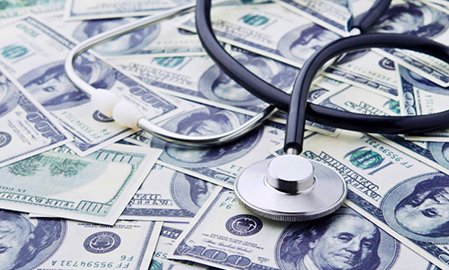The cost of doing business jumped 145% for the pharmaceutical industry between 2003 and 2013, according to the latest data from the Tufts Center for the Study of Drug Development, which released a snapshot of its cost-assessment study Tuesday morning.
The findings show that the average cost of bringing a drug from concept to approval — and through post-approval assessments for reasons such as new doses or formulations — hovers at around $2.8 billion per drug, in 2013 dollars.
The figure includes the cost of failed drugs, and represents an increase from the average cost of $802 million ($1 billion in 2013 dollars) the industry shelled out to develop drugs between 1983 and 1994.
The price hike has nothing to do with development times. Instead, Tufts researchers say the types of diseases being targeted — chronic and degenerative— drive the higher costs, as do the need for large, complex clinical trials.
This is in addition to the cost associated with providing comparative analyses that show how new drugs fit with the anticipated peer set, a data point of increasing importance for payers.
Of the 1,422 compounds that contributed to the findings, 7.1% were approved and 80.3% had been set aside. The balance, 12.6% of the drugs, are still being assessed.








